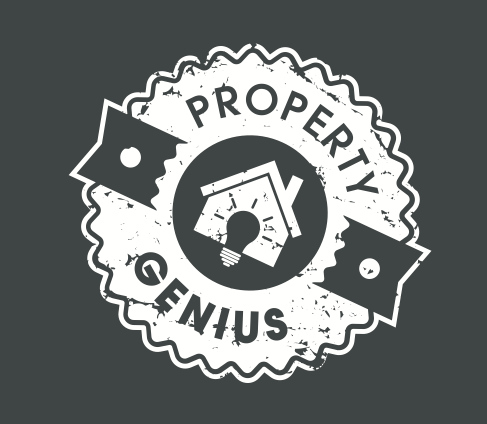Understanding Documentation & Evidence in the Complaints Process
Introduction
When lodging a complaint with Property Genius, providing the right documentation and evidence can significantly expedite the resolution process. This article aims to clarify what types of documentation and evidence may be required from both landlords and tenants during the complaints process.
Types of Documentation
For Landlords
Lease Agreements: Copies of the lease agreement between you and your tenant.
Communication Records: Emails, text messages, or other forms of communication related to the issue.
Financial Documents: Receipts, invoices, or bank statements that pertain to the complaint.
For Tenants
Lease Agreements: Your copy of the lease agreement.
Maintenance Requests: Any written requests for repairs or maintenance.
Photographic Evidence: Photos documenting issues such as property damage or disrepair.
Why Documentation Matters
For Both
Clarity: Proper documentation provides a clear record of events, making it easier to resolve disputes.
Timeliness: Having all necessary documents ready can speed up the review process.
Accountability: Documentation holds all parties accountable for their actions or lack thereof.
How to Submit Documentation
For Landlords and Tenants
Initial Submission: When you first lodge your complaint, you can attach any relevant documents to your email or include copies if submitting by post.
Follow-up: If additional documentation is required, you will be notified during the review process.
Special Cases: Insurance-Related Complaints
For insurance-related complaints, specific types of documentation may be required, such as:
Insurance Policies: Copies of relevant insurance policies.
Claim Forms: Completed insurance claim forms, if applicable.
External Verification
In some cases, third-party verification may be sought. This could include:
Expert Opinions: For property damage or valuation disputes.
Legal Documents: Court orders or legal notices relevant to the complaint.
Conclusion
Proper documentation is crucial for a smooth and efficient complaints process. Both landlords and tenants are encouraged to keep thorough records and be prepared to submit these when lodging a complaint. If you have any questions about what documentation is needed, please don't hesitate to contact us.
